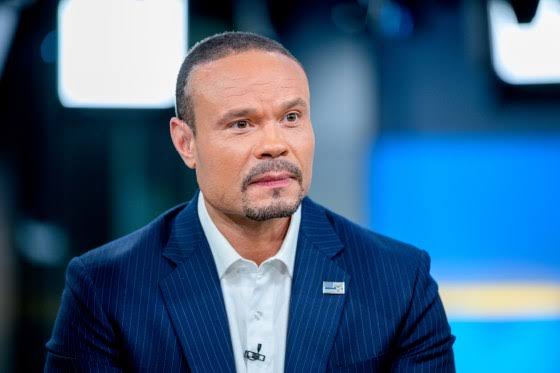ABUJA, Nigeria – Nigeria’s current and capital account recorded a surplus of $17.22 billion in 2024, indicating a potential economic recovery under President Bola Tinubu’s administration.
The surplus was primarily driven by a goods trade surplus of $13.17 billion, resulting from a surge in exports and a decrease in imports. Gas exports increased by 48.3% to $8.66 billion, while non-oil exports rose by 24.6% to $7.46 billion.
Nigeria reduced its spending on imports, with petroleum imports dropping by 23.2% to $14.06 billion and non-oil imports falling by 12.6% to $25.74 billion.
Remittances from the Nigerian diaspora played a significant role, with personal remittances growing by 8.9% to $20.93 billion and inflows through International Money Transfer Operators (IMTOs) increasing by 43.5% to $4.73 billion. Portfolio investments also doubled, climbing by 106.5% to $13.35 billion.
See more: The US Embassy in Israel Advised Americans in the Area to Stay Vigilant.
Despite a 42.3% decrease in foreign direct investment, the capital account remained strong, supported by increased foreign currency holdings and a boost in official development assistance.
The data suggests a broader recovery and validates the economic policies introduced under the “Renewed Hope Agenda,” including forex unification, inflation control measures, and fiscal discipline.
The $17.22 billion surplus in the current and capital account could lead to a more stable naira, increased job opportunities, and economic growth for Nigeria.





